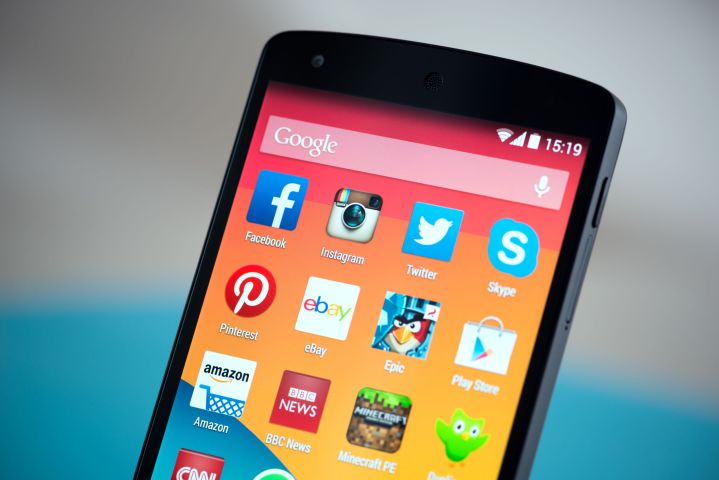
In conducting its study, the Physiological Society asked around 2000 men and women in the U.K. to rank key life events from a scale of 0-10. Zero indicated “Not at all stressful,” whereas 10 was deemed “Very stressful.” Key life events included a work promotion, Brexit, and the death of a spouse or relative.
Generally speaking, the new study’s results remained in line with those found by the famous 1967 stress study conducted by Holmes and Rahe — it found that the death of a spouse, relative, or friend, and imprisonment to be the two most stressful life events. Flood or fire came in third, illness in fourth, and getting fired, divorced, having your identity stolen, and financial issues rounded out the list of most anxiety-inducing scenarios.
But then, things started to take a more modern turn. Commute delays saw an average stress score of 5.94, placing it higher on the list of stressors than a terrorist threat (5.84). And the idea of losing a smartphone was a 5.79 on the stress scale. Just let that sink in for a minute.
And as for topical, timely issues like Brexit, well, that barely registered as a stress at all — on average, study participants gave it a stress ranking of just 4.3.
Across the board, women were found to be more stressed by these various situations, though both sexes reported about equal levels of stress with regard to the arrival of a first child.
“The modern world brings with it stresses we would not have imagined 50 years ago, such as social media and smartphones,” Dr. Lucy Donaldson, chair of The Physiological Society’s Policy Committee, said in a statement. “It was striking that for every single event in this study, from money problems to Brexit, women reported greater stress levels than men. This could have a real impact on women’s health.”
Editors' Recommendations
- This is what happens when you compare 4 phones in an 800MP camera test
- Your iPhone may be collecting more personal data than you realize
- Nvidia CEO’s response to the EVGA controversy may surprise you
- Does the Pixel 6a have a headphone jack? The answer may surprise you
- What is vapor cooling? The fascinating tech keeping your smartphone cool


